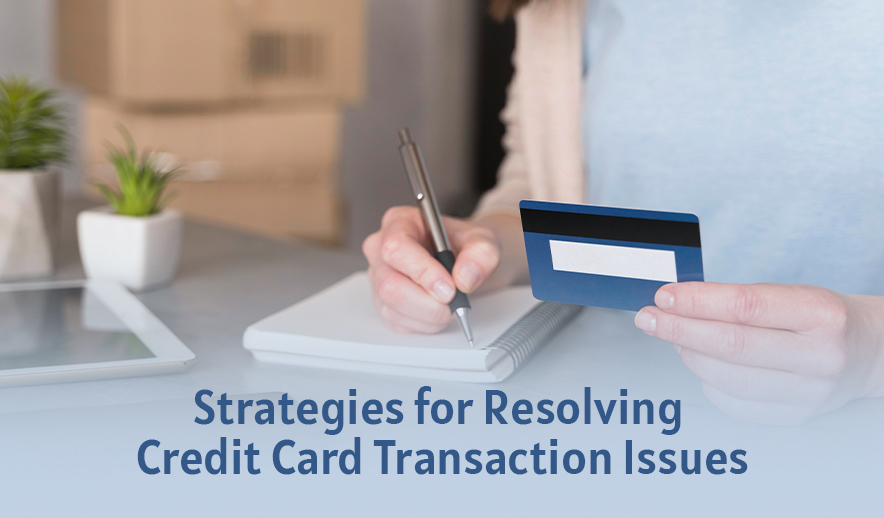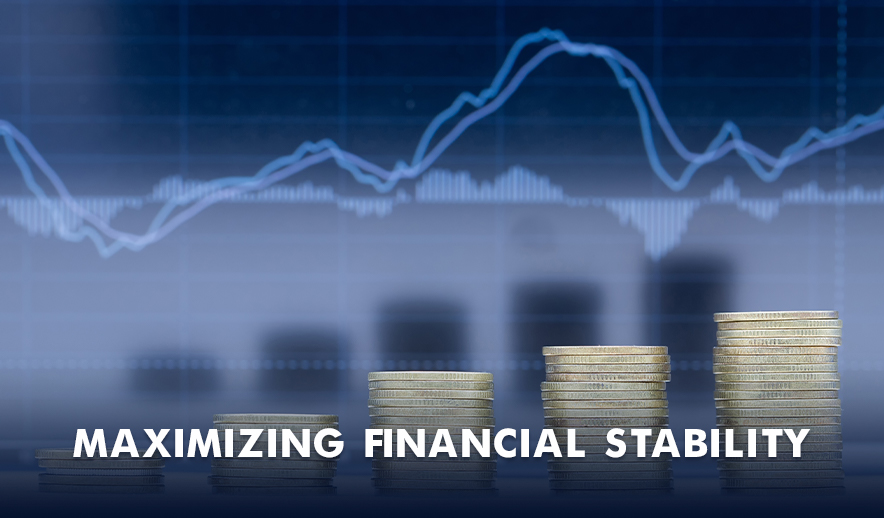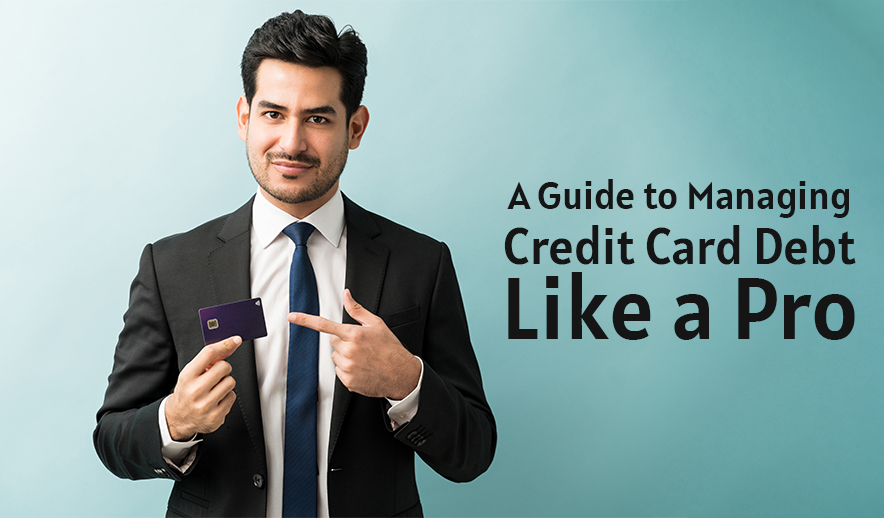Al Etihad Credit Bureau (AECB) is the official credit reporting agency in the United Arab Emirates (UAE). It was established in 2014 under the federal decree issued by the UAE government. The primary role of Al Etihad Credit Bureau is to collect credit information from various financial institutions and maintain a comprehensive credit database for individuals and companies in the UAE.
Here’s what you need to know about Al Etihad Credit Bureau:
Credit Reporting: Al Etihad Credit Bureau collects credit-related information from banks, financial institutions, and other entities in the UAE. This information includes credit card payment history, loan repayments, outstanding balances, and other credit-related data. It compiles this information into credit reports that provide a snapshot of an individual’s creditworthiness.
Credit Scores: Al Etihad Credit Bureau calculates credit scores based on the credit information it collects. A credit score is a numerical representation of an individual’s creditworthiness and is used by lenders to assess the risk associated with extending credit. Higher credit scores indicate a lower risk of default, while lower scores suggest a higher risk.
Access to Credit Reports: Individuals can request their credit reports from Al Etihad Credit Bureau to review their credit history and understand how lenders perceive their creditworthiness. Regularly checking your credit report allows you to identify any errors or discrepancies and take appropriate measures to correct them.
Credit Report Monitoring: Al Etihad Credit Bureau provides credit report monitoring services that allow individuals to receive alerts when there are changes or updates to their credit report. This helps individuals stay informed about their credit status and detect any potential fraudulent activities.
Credit Report Usage: Financial institutions, such as banks and lenders, use the credit reports and credit scores provided by Al Etihad Credit Bureau to assess the creditworthiness of individuals and make informed decisions on loan approvals, credit card applications, and other credit-related services.
Credit Information Protection: Al Etihad Credit Bureau is responsible for ensuring the confidentiality and security of the credit information it collects. It follows strict data protection protocols to safeguard the personal and financial information of individuals.
Dispute Resolution: In case of any disputes or discrepancies in the credit information, individuals have the right to raise a dispute with Al Etihad Credit Bureau. The bureau investigates the matter and takes necessary actions to rectify any inaccuracies.
It’s important to note that the information provided here is based on the general knowledge available up until my last update in September 2021. For the most accurate and up-to-date information on Al Etihad Credit Bureau and its services, it’s recommended to visit the official website of Al Etihad Credit Bureau or contact them directly.
In the UAE, credit scores are determined by the Al Etihad Credit Bureau (AECB). The credit score is a numerical representation of an individual’s creditworthiness and is used by lenders to assess the risk associated with extending credit.
Here are some key points to know about credit scores in the UAE:
Credit Score Range: The credit score in the UAE ranges from 300 to 900. A higher credit score indicates a lower risk of default and signifies better creditworthiness.
Factors Affecting Credit Score: Several factors influence an individual’s credit score in the UAE. These factors include payment history, credit utilization ratio, length of credit history, types of credit used, and recent credit inquiries. Timely payments, low credit utilization, and a mix of different credit types can positively impact the credit score.
Access to Credit Scores: Individuals in the UAE can access their credit scores from the Al Etihad Credit Bureau. By obtaining their credit scores, individuals can better understand how lenders perceive their creditworthiness and take appropriate steps to improve their credit profiles if needed.
Impact on Creditworthiness: Credit scores play a significant role in determining an individual’s creditworthiness. Lenders use credit scores as one of the factors to assess the risk associated with extending credit. Higher credit scores may result in more favorable loan terms, lower interest rates, and higher credit limits, while lower scores may result in stricter lending terms or potential loan rejections.
Credit Report Monitoring: Regularly monitoring your credit report and credit score is important to identify any errors or discrepancies and take corrective actions if needed. Al Etihad Credit Bureau offers credit report monitoring services that can help individuals stay informed about changes to their credit profiles.
It’s worth noting that credit scoring models and algorithms may vary between different countries and credit bureaus. The information provided here is based on the general knowledge available up until my last update in September 2021. For specific details about credit scores and creditworthiness in the UAE, it is recommended to consult the Al Etihad Credit Bureau or visit their official website for the most accurate and up-to-date information.
To obtain a credit report in the UAE, you can follow these steps:
Visit the Al Etihad Credit Bureau (AECB) website: Go to the official website of Al Etihad Credit Bureau at https://www.aecb.gov.ae/.
Register for an account: If you are a first-time user, you will need to create an account on the AECB website. Look for the registration or sign-up section and provide the required information, which may include your Emirates ID, personal details, and contact information. Follow the instructions to complete the registration process.
Authenticate your identity: After registering, you may need to visit an AECB customer service center or an approved partner center to verify your identity. This step is necessary to ensure that the credit report is accessed by the authorized individual.
Log in to your account: Once your account is set up and your identity is authenticated, you can log in to your account on the AECB website using your registered credentials.
Request your credit report: Within your account, you should find an option to request your credit report. Follow the instructions provided to initiate the request. You may need to pay a fee to obtain the credit report.
Access your credit report: Once your request is processed and the payment is made, you should be able to access your credit report through your account on the AECB website. The credit report will provide details about your credit history, credit accounts, payment history, and any outstanding debts.
It’s important to note that the process and requirements for obtaining a credit report may be subject to change. Therefore, it’s recommended to visit the official Al Etihad Credit Bureau website or contact their customer service directly for the most up-to-date and accurate information on how to obtain a credit report in the UAE.
Credit Report Charges in the UAE
The charges for obtaining a credit report in the UAE can vary based on the services and options chosen.
As of my knowledge cutoff in September 2021, the Al Etihad Credit Bureau (AECB) provides two main options for accessing a credit report:
One-Time Credit Report: This option allows you to obtain a single credit report at a specific point in time. The fee for a one-time credit report is typically around AED 105.
Credit Report with Monitoring: This option includes access to a credit report as well as credit report monitoring services. With credit report monitoring, you receive alerts and notifications about any changes or updates to your credit report. The fee for a credit report with monitoring is typically around AED 250 for one year.
It’s important to note that the fees mentioned above are based on general information and may be subject to change. To obtain the most accurate and up-to-date information about the charges for obtaining a credit report in the UAE, it’s recommended to visit the official website of Al Etihad Credit Bureau or contact their customer service directly. They will be able to provide you with the specific fees and payment options available.










